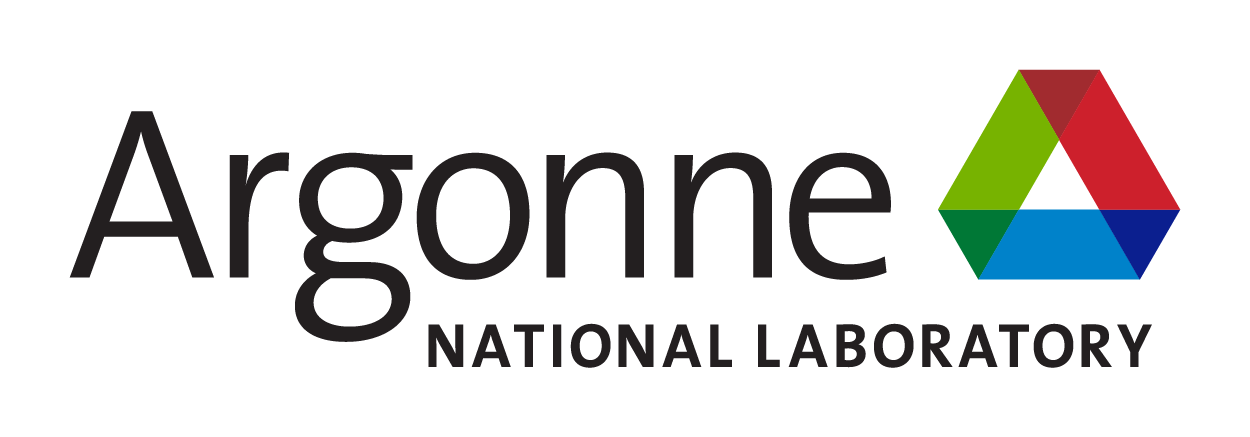Abstract:
Low friction in lubricated mechanical components is in part enabled by protective films that form in sliding interfaces during operation. These films, called tribofilms, are formed through chemical reactions between additive molecules in the lubricant and the surfaces, where the reactions are driven by mechanical force exerted by the sliding bodies. Despite the presence of tribofilms in most moving components, the mechanisms of film formation are still poorly understood, primarily because the process occurs inside a moving contact and so cannot be directly interrogated experimentally. Experimental approaches are typically limited to pre- and post-sliding surface analyses. An alternative approach, and one we apply here, is using molecular dynamics simulations to explicitly model the additive molecules and surfaces at the atomic scale. Specifically, we use a reactive force field so the simulation can capture the formation and breaking of covalent bonds that are necessarily part of the tribofilm formation process. We study model systems, including gas phase lubrication of silica surfaces and nanoscale friction at graphene step edges, that can both be explicitly captured in the simulations and for which complementary experiments can be performed to provide partial validation of simulations. Once validated, the atom-scale detail available in the simulations is analyzed to identify the critically important role of shear in the tribofilm formation process. The results indicate that shear not only accelerates reactions but also alters the reaction pathways, enabling the formation of a tribofilm even under relatively low temperature conditions. In general, these findings may form the basis for the design of new boundary lubrication additives based on a better understanding of the tribofilm formation processes.
Bio:
Ashlie Martini is a Professor of Mechanical Engineering at the University of California Merced. She obtained her BS and PhD from Northwestern University and her current research interests lie in using simulations and experiments to gain a fundamental understanding of tribological phenomena. Professor Martini’s contributions to the field have been recognized by the ASME Burt L. Newkirk award and the AFOSR Young Investigator Award. She also received the UC Merced Award for Distinguished Undergraduate Teaching as well as the Award for Distinction in Graduate Teaching and Mentorship. Professor Martini is an Editor of the journal Tribology Letters and an Associate Editor of the journal Tribology Transactions. She has also been the Chair of the Gordon Research Conference on Tribology and the STLE Tribology Frontiers Conference.
